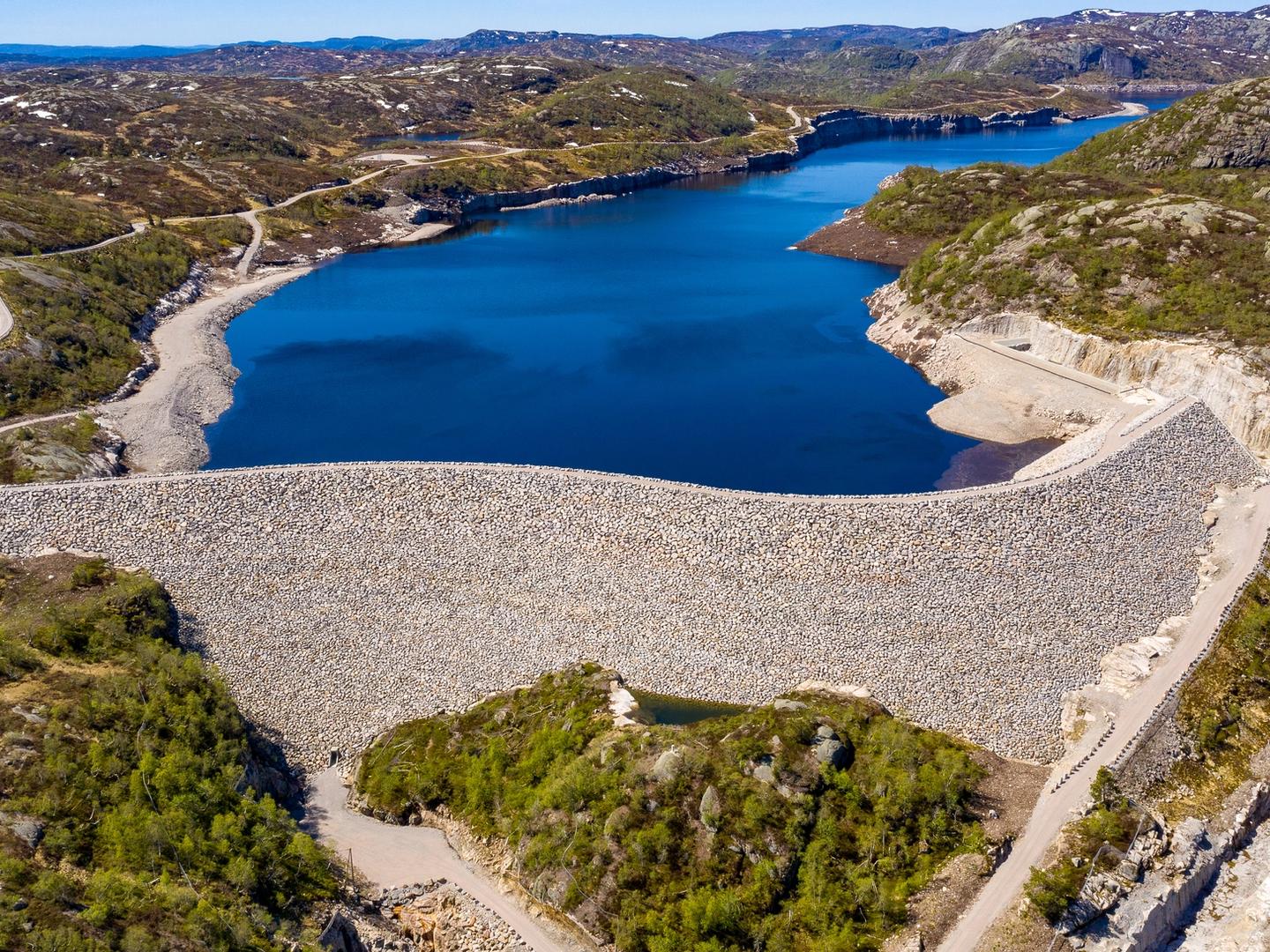
Renewable energy now and in the future
Renewable hydropower is an important piece in the fight against climate change and as a source of energy for future generations.
17. januar 2023
Renewable hydroelectric power is superior to all other energy sources like oil, gas, solar and wind. That is because it has the:
- Lowest greenhouse gas emissions
- Highest energy conversion efficiency
- Greatest flexibility
- Longest useful life
Norwegian electricity generation will therefore play an important role in the battle against climate change. At a global level, greenhouse gas emissions must be reduced to no more than two tonnes per capita by 2050 in order to achieve the key goal of limiting global heating to two degrees Celsius. Norway’s zero-emission electricity generation will be a vital contributor to the country meeting its share of the challenge.
A reliable electricity supply
The growing proportion of wind and solar power in the European electricity mix has made it a challenge to ensure reliability of electricity supply when the wind isn’t blowing and the sun isn’t shining.
In Norway, dammed reservoirs make it possible to store water when electricity consumption is low. This storage means that water – and hence electricity – is available even in dry periods.
Damming river systems can also limit damage from flooding, both to individuals and society as a whole.
Hydropower production is the sustainable use of an eternal resource
Helping society to prosper
As well as providing light, heat and electricity to households, businesses and the public sector, thereby enabling society to run smoothly, Å Energi creates significant indirect economic benefits, both locally and nationally, not least thanks to its hydroelectric power generation.
Hydroelectric power helps to add economic value by providing good jobs both in rural areas and towns. The operation and maintenance of existing power stations, as well as the construction of new ones, requires significant amounts of goods and services to be purchased, from both local and national suppliers.
Norwegian utilities are almost entirely owned by municipalities and the state. That means the public sector receives high revenues in the form of taxes, charges and dividends, which help to fund the welfare state.
The energy source of future
Hydroelectric power generation is not permitted in large parts of Norway. Nevertheless, there is significant potential to upgrade the older existing power stations.
Continuing to develop hydropower is the most valuable climate-related contribution that we can make to society. It will avoid the need for unwanted infrastructure in the countryside and help to sustain rural communities, while benefiting both the municipalities that own the infrastructure and the ones that host it.
We exploit natural resources sustainably and by doing so add lots of value for our shareholders and the society we are a part of.
Generating hydroelectric power is a sustainable way to use a perpetual resource.